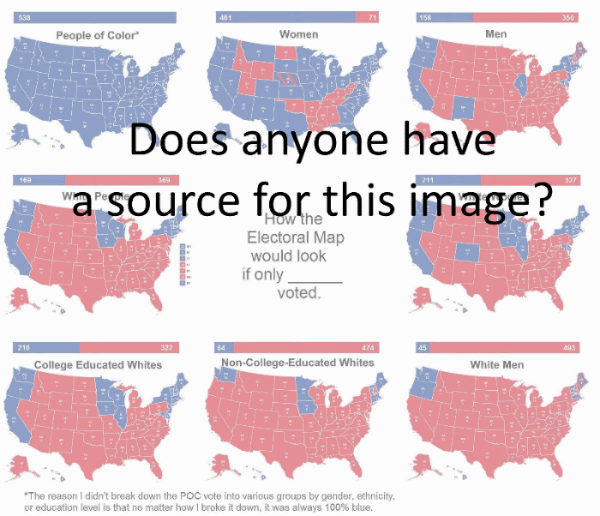I read reddit. Yeah, I know.
Plain People of Crooked Timber: “why would you go and do a thing like that when you could sit on the kitchen floor and watch your packet of English muffins slowly pass its sell-by date and develop that unpleasant sour flavour you usually don’t notice until it’s too late and the thing is dripping with butter, and you experience one of life’s trivially grand disappointments. Because that would be a more profitable use of your time.”
Me: “But see, I’m arguing with misogynists and annoying ‘just asking questions about white culture’ people till they rage-quit!”
Plain People of Crooked Timber: shake heads with eyes closed and lips pressed into a single line. “Honestly.”
Me: “There are actually good subreddits too, like about how to write query letters.”
Plain People of Crooked Timber: “You are spending 90% of your time on Am I The Asshole why do you try and lie to us like this?”
Me: “OK, but listen, I’ve decided to read twitter instead!”
Plain People of Crooked Timber: “Oh, you’ve picked a fine time for it, haven’t you?”
Me: “Right, now now I’m arguing with all these RETVRN white marble statue pfp dickwads about Latin, it’s way better!”
Plain People of Crooked Timber: glare loftily.
Me: “No, for real, the best thing happened to me the other day. One of these guys who sucks you in by seeming just to want everyone to learn Latin, which I also want–”
Plain People of Crooked Timber: “Why in God’s name do you want that?”
Me: “Well, there’s lots of fun stuff to read, but not, like, the Aeneid because its a thing of crystalline beauty and also super-boring. But learning Latin would be morally improving or something.”
Plain People of Crooked Timber:”So you agree with him!”
Me: “No, no, it’s different. Anyway. They suck you in by seeming merely to want everyone to learn Latin, and then one second later its DEVS VULT, like, damn, son, I want some transition time where you hate North Africans or something under the guise of the Punic Wars. Wait. Maybe I guess, just skip to the crusades, actually, scratch that. So he’s exhorting his followers to, I don’t know, reclaim the Holy Land or whatever (but in the singular) and he calls out, invokes as it were, them–as a singular friend–whom he calls amicus. Yeah that’s right, the nominative. But as he’s calling to them, it should be the vocative, this happens rarely, and then it’s a second declension noun it’s literally the only time you ever have a form for vocative that’s different from the nominative. I just responded *amice and BOOM I got blocked by nine people, some big accounts. It was great.”
So, I just want you all to know I’m keeping busy, useful person and so on. Actually I write for hours every day and if I produce 2,500 words I can dork around on the loserweb as I please, save that it is injurious to the spirt. If I want to spend time slowly becoming confused and faintly judgmental about people who have a fiancé and two kids…like what’s holding you up? People should do as they please but you need important legal protections in case he leaves you or you die, just go to the courthouse. How is he ‘not ready’? You have a two and a four year old, he’s ready for producing whole-ass human beings who will suffer existential crises in the ink night of the soul, children who will be rejected by friends in the seventh grade and experience pain no adult can bear to remember, that they erase from life for self-protection, people who will someday get so drunk they puke and, having had soup before, get a pea stuck in their nose, and there’s no way to get it out? Even the following bile that they vomit up, futile, burning from emptiness, won’t wash it away? This, all this, but he’s not ready to get married? Who is this joker? Many places offer marriage-like benefits to unmarried parents, that’s sensible, but these people live in America. I wonder if learning Latin would help him learn manly virtue and get it together. Maybe I should get into an argument with the OP about how her “‘”fianc锑” (and I use the term very loosely) needs to get a copy of Wheelock for his first-date anniversary.


